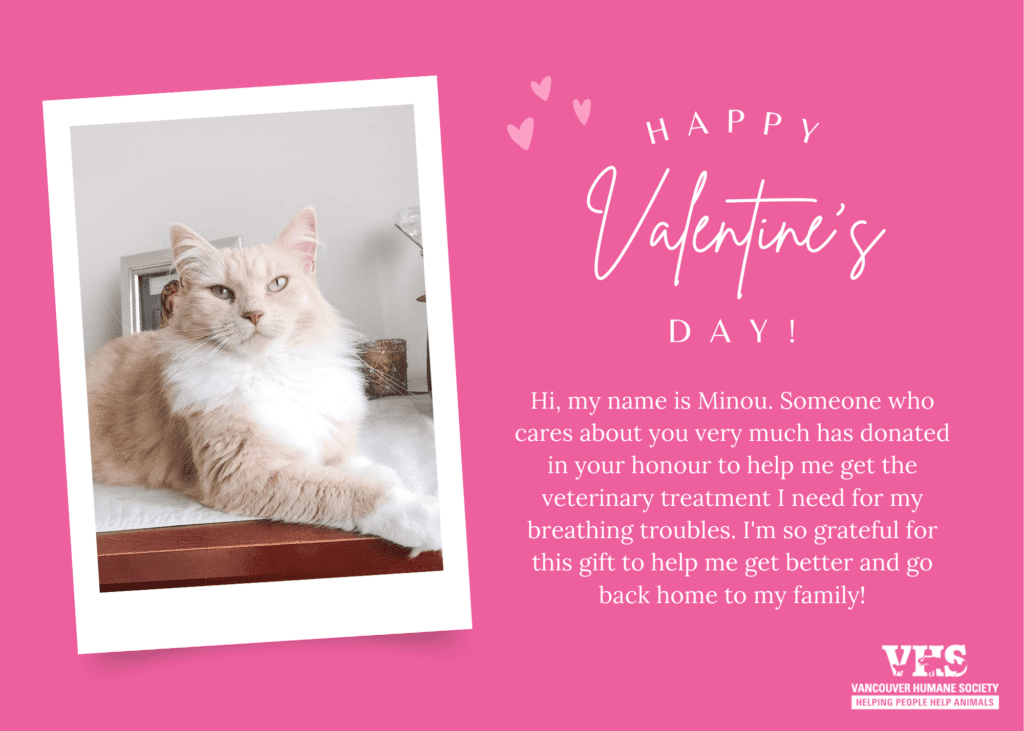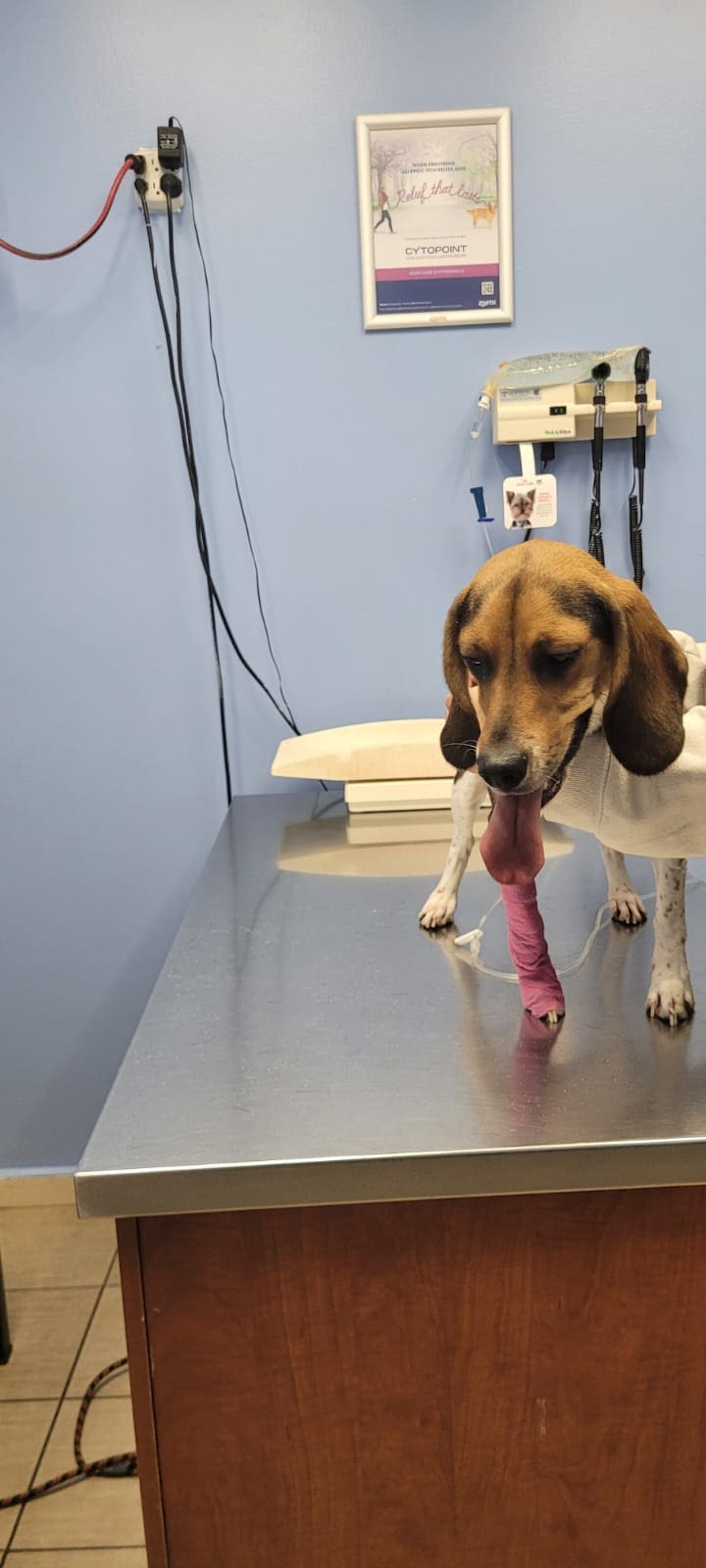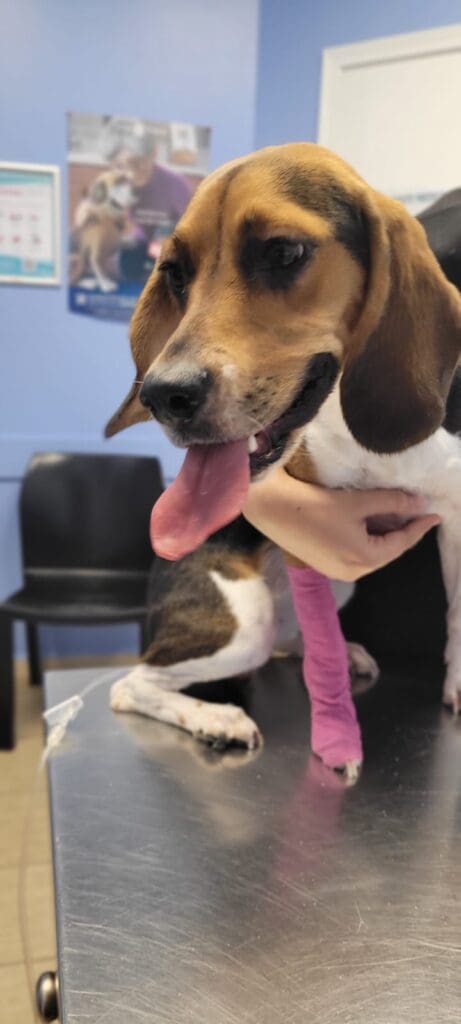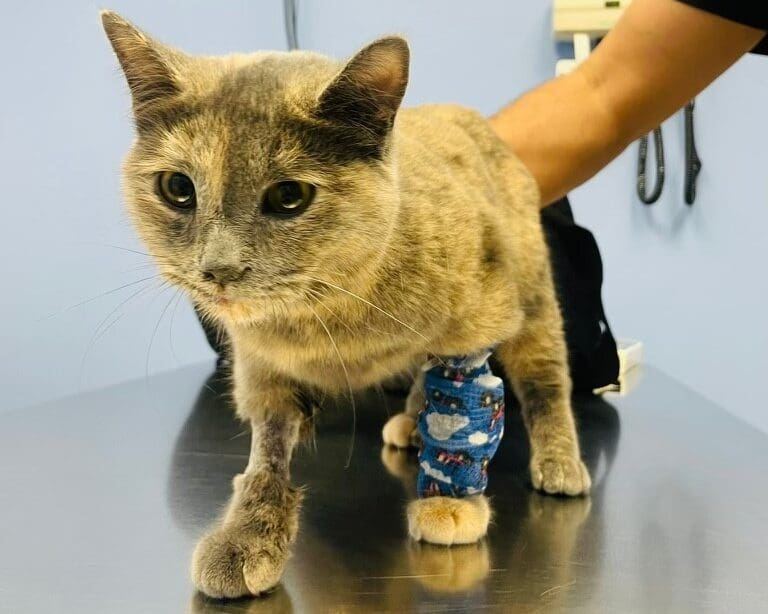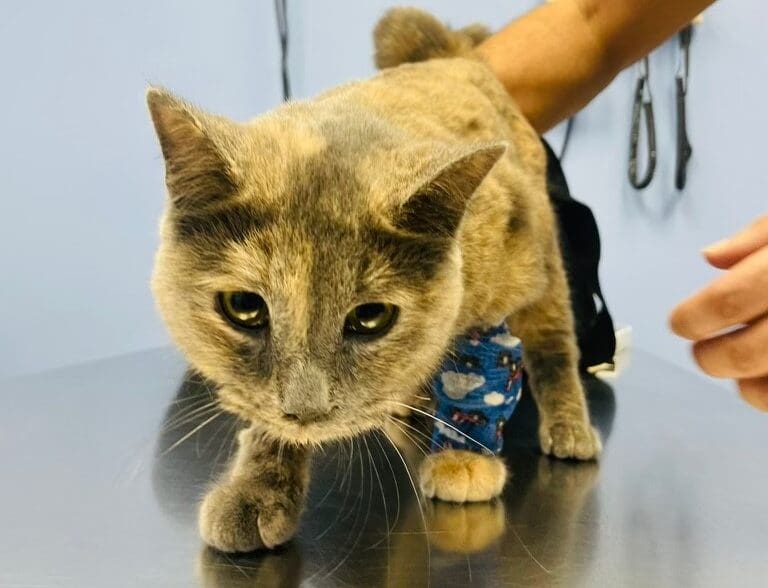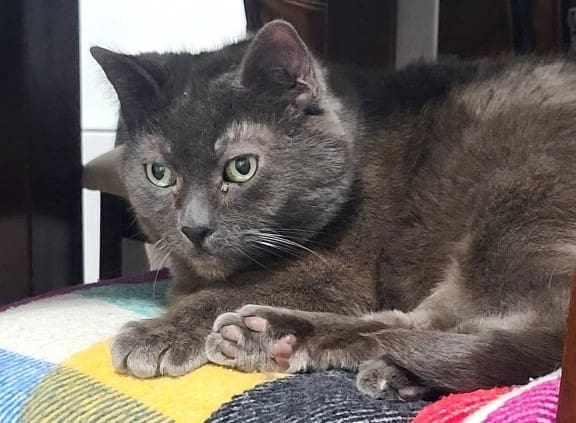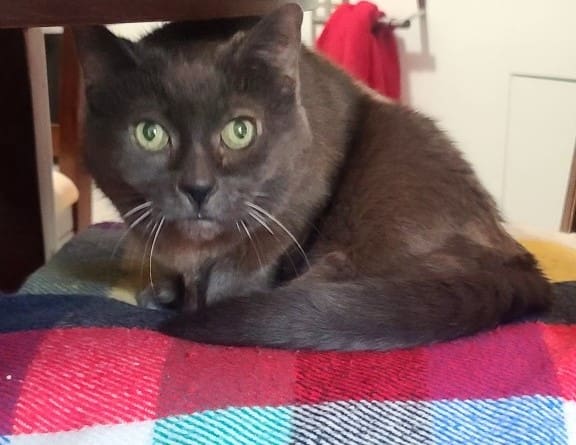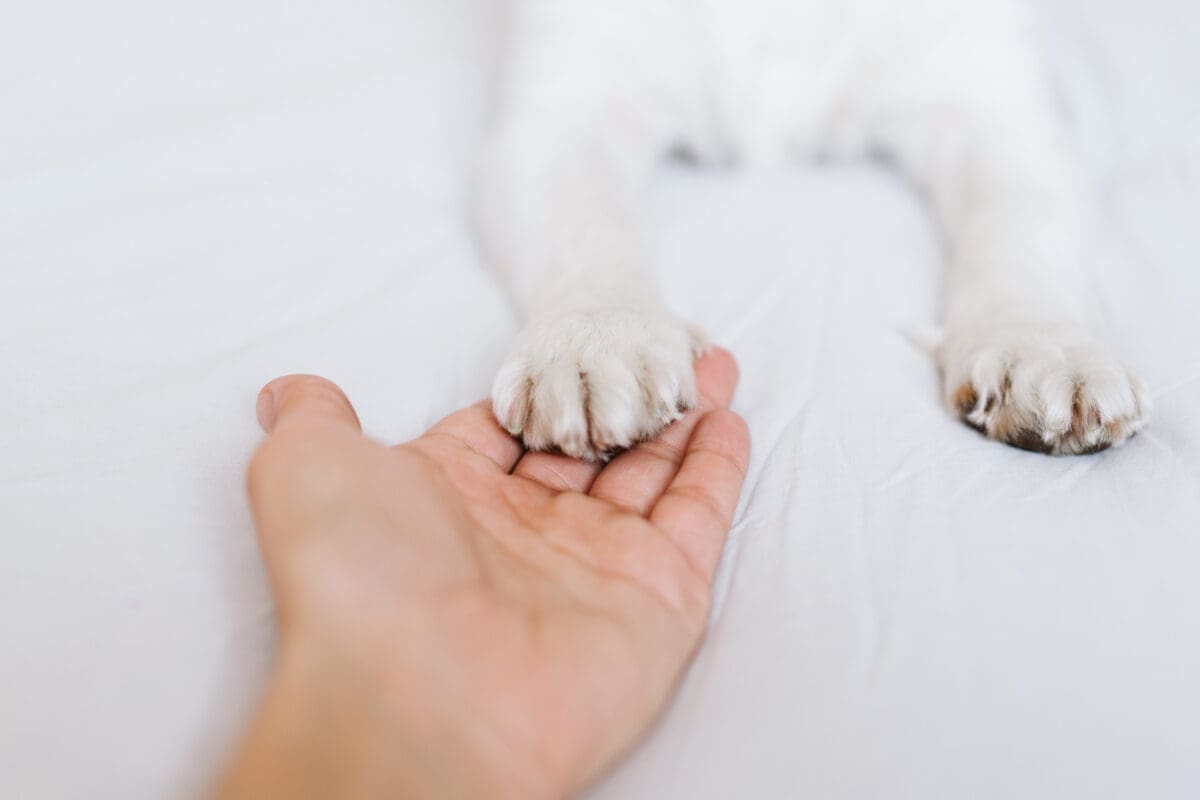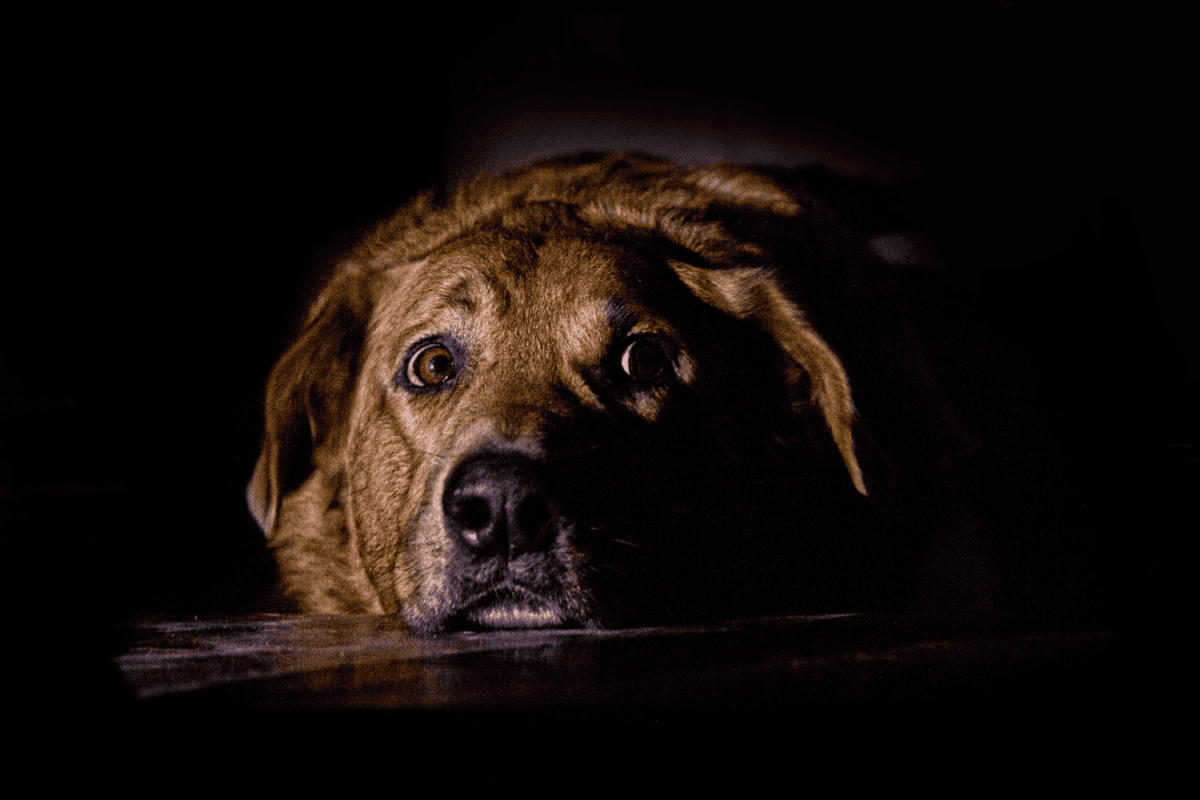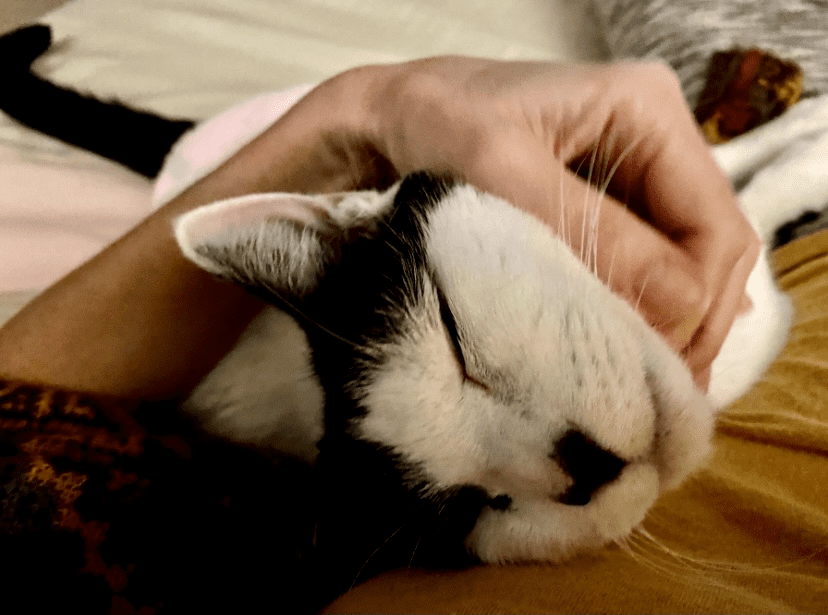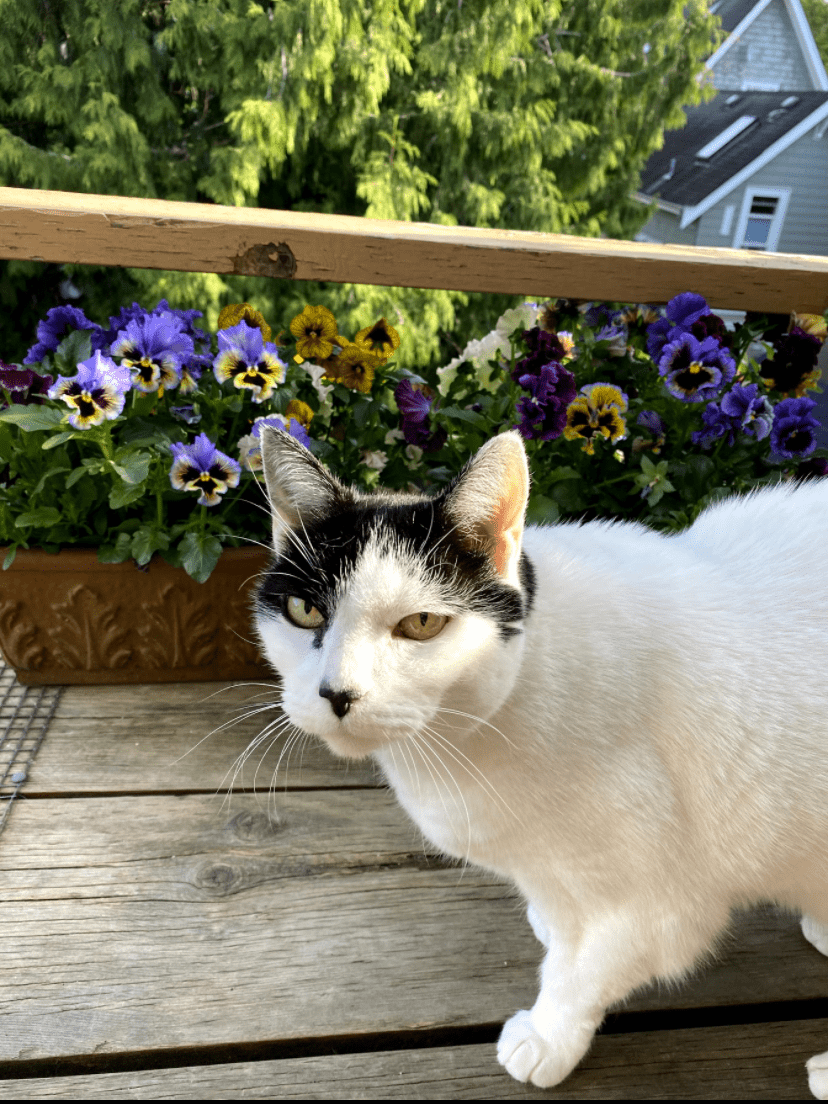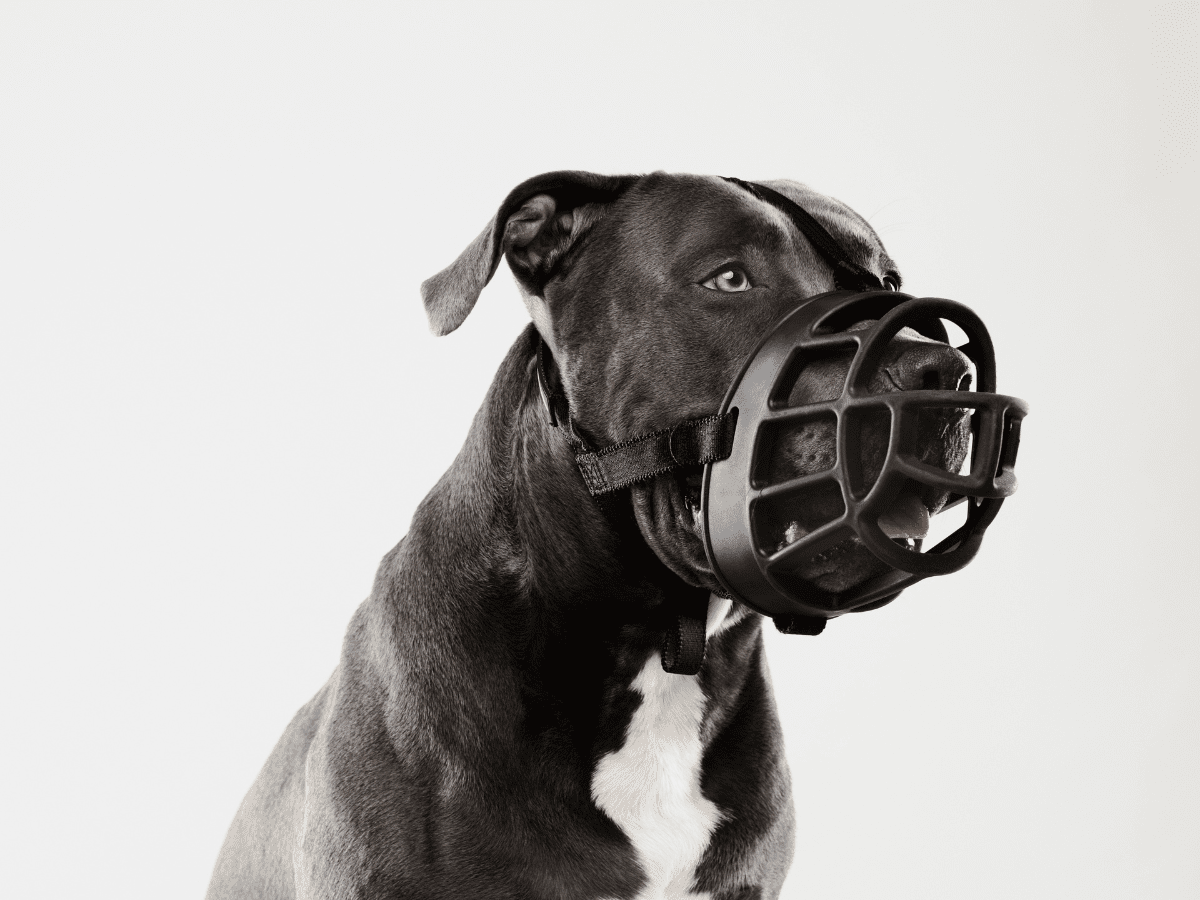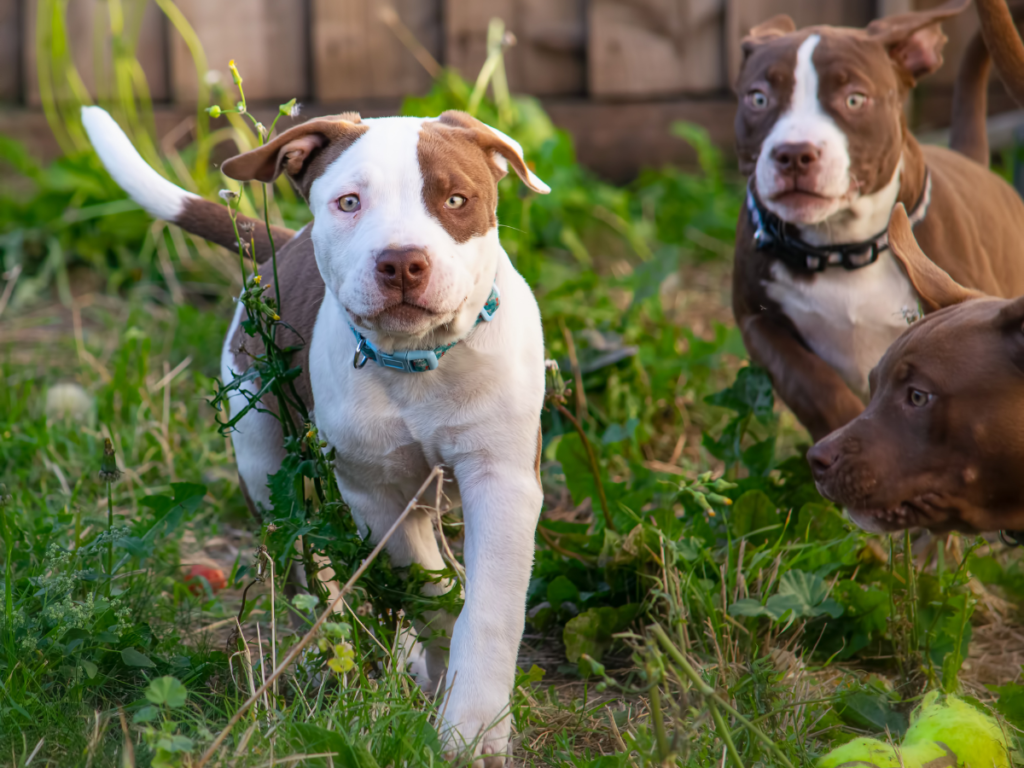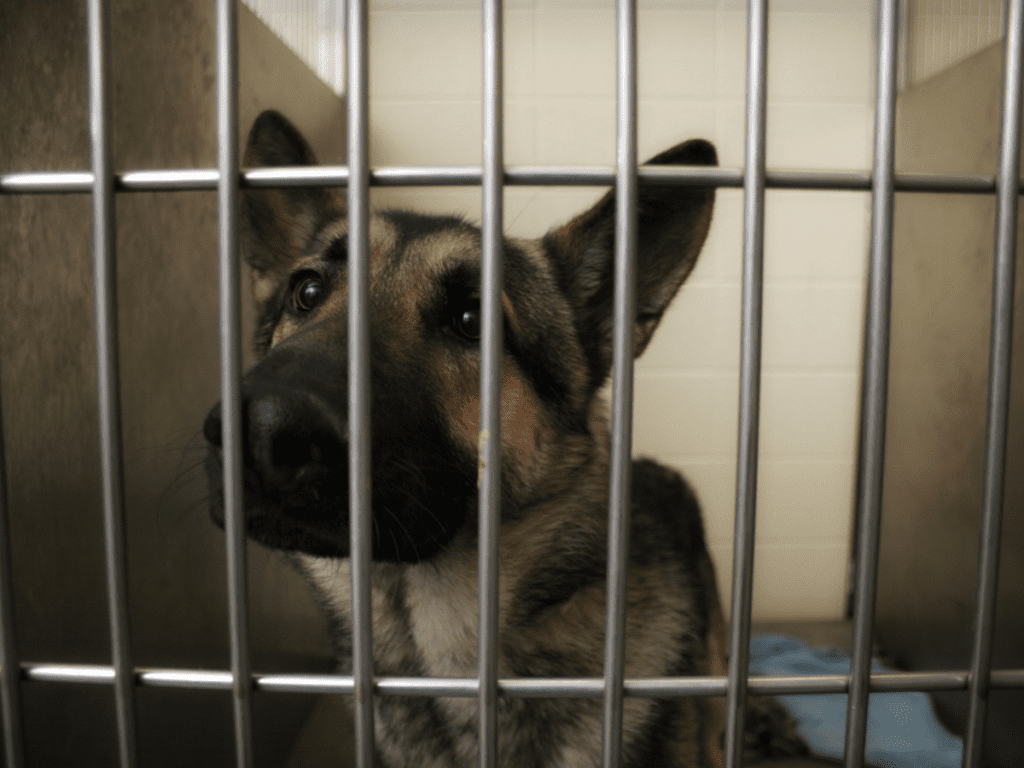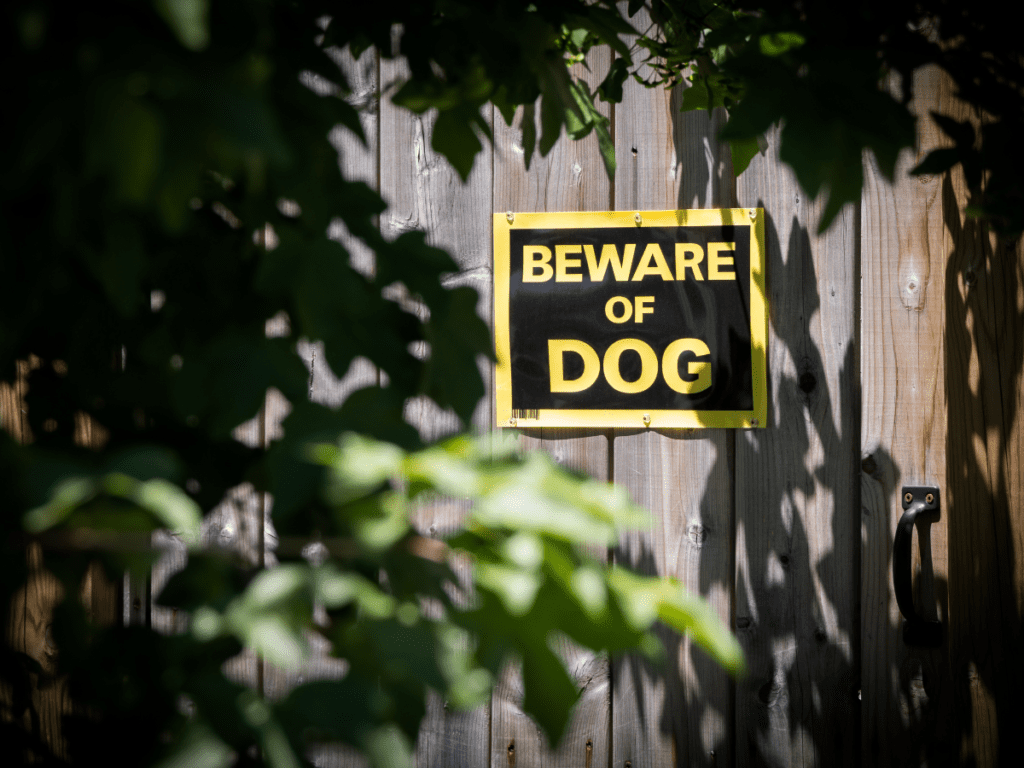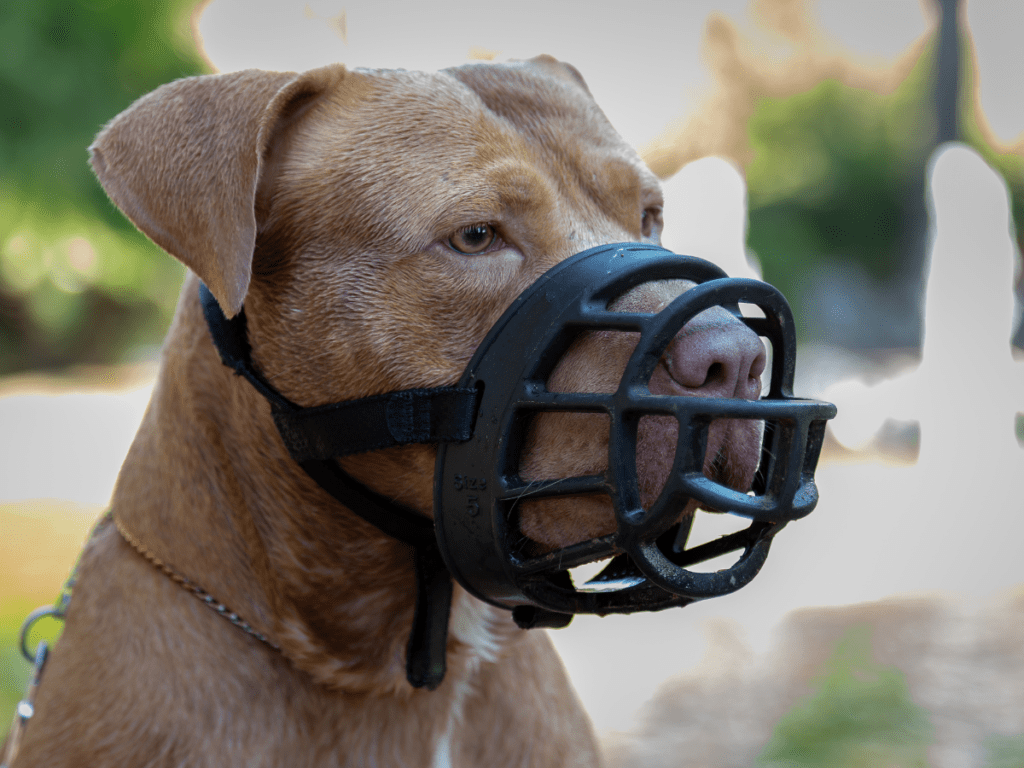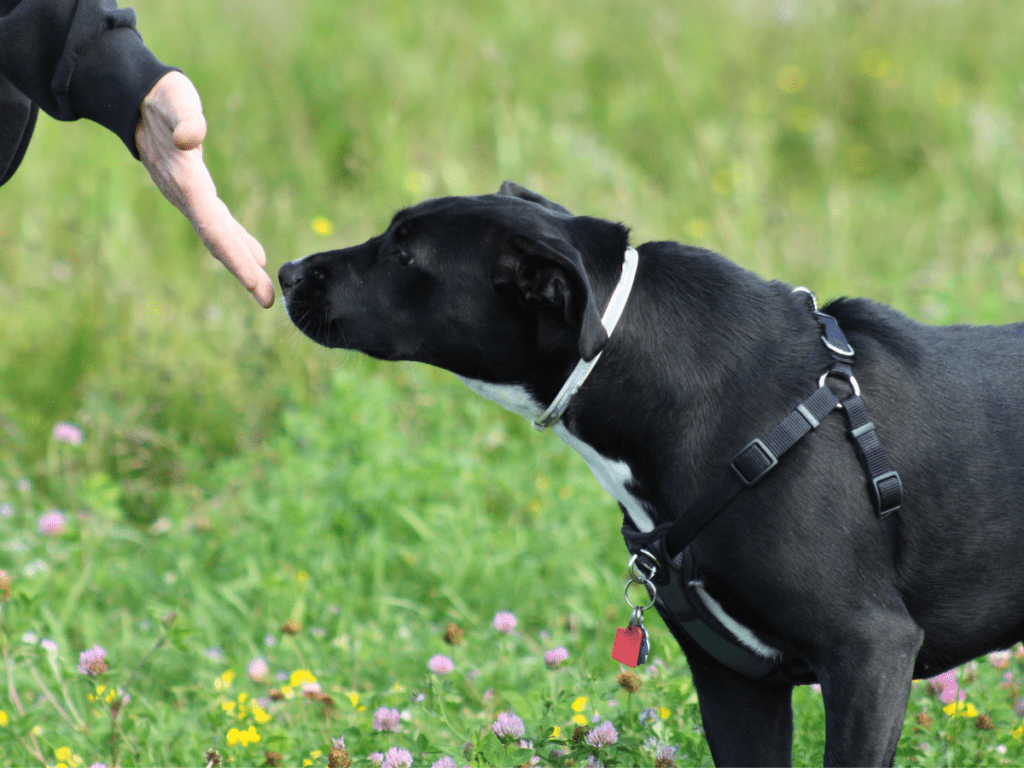Dogs have a meaningful place in many families across Canada; but what happens if a dog is deemed “dangerous”?
In this month’s episode of The Informed Animal Ally’s series on animal cruelty, animal law lawyer Rebeka Breder joins the Vancouver Humane Society’s Amy Morris and Chantelle Archambault to discuss “dangerous dog” laws, including how a dog is deemed “dangerous”, and what happens as a result.
Note: This written interview has been edited for length.
Featured Guest: Rebeka Breder
Rebeka Breder practiced for more than a decade in a Vancouver law firm specializing in animal law and civil litigation before becoming a founding lawyer at Breder Law, Western Canada’s first law firm to focus exclusively on animal law. She is known as a trailblazer in developing Animal Law in Canada for over a decade.
Municipal bylaws
Chantelle: Can you tell us a little bit about what dangerous dog laws are and your experience defending dogs who are deemed “dangerous”?
Rebeka: Yes, there are really two main areas. There’s the municipal bylaws and dealing with “dangerous” or “aggressive” dogs. And there are provincial laws that deal with the same issues.
So when it comes to the municipal level, which is at the city level, those types of cases often arise when people are out walking their dogs. And there are some kind of incident between the dog who’s being walked with another dog or the dog with another person. And those types of cases also range so much.
It could be anything from dogs kind of being dogs and playing in a dog park; and there’s a dog who is very possessive over his ball and another dog tries to take that ball away and then the dogs start fighting and one of the dogs gets injured.
Or a person trying to break up a fight between two dogs at a dog park and then the person gets injured.
Or let’s say a person is walking their reactive dog. And I’ll just pause here to say that there’s a very big difference between reactive dogs and truly aggressive dogs. So when you have reactive dogs on a leash walking in an on leash area—in other words, in areas where dogs are supposed to be leashed, like on a street—and then you have someone walking their dog not on leash and the dog that off-leash dog run up to the dog who’s leashed and then the reactive dog barks and reacts, and then the other off-leash dog gets aggressive and then there’s a fight that starts, then the question is, well, whose fault is it?
And very often I could tell you that whichever dog caused the injury, regardless of the circumstances, is more often than not considered guilty, even though the dog guardian who was walking their dog on leash didn’t do anything wrong. I had a recent case like that, so it’s kind of top of mind.
Or this one where there were puppies off leash in an area where they were supposed to be on leash, walking to an off-leash dog park. At some point, one of the puppies allegedly jumped and attacked a child. I’m going to focus on that as an example.
The woman got upset because her kid fell. My client’s dog was four months old and looks like a pitbull. The police ended up coming. The child was seen running around and not injured. So what ended up happening was that the woman complained to animal control, animal control then brought charges for bylaw infractions for dog off leash and a dog biting, attacking, and injuring.
There was a trial. What it came down to is whether what happened was a dog attack. If you’re found guilty of allowing your dog to bite attack or injure, then that causes complications for the dog guardian and the dogs, because that’s a huge strike against the dog on his or her file. If there’s another incident, it gives stronger grounds for the city to seize the dog and put the dog on death row.
So just going back for a moment to this case that I was talking about with the puppies playing, and it came down to whether in this context of play, if there was some contact between the puppy and the child, was it an attack?
We, first of all, argued that there was no contact, but if there was contact that it wasn’t an “attack”. Maybe the puppy jumped on the child because the puppy was on his way to get the ball, saw a kid, got excited, jumped on the child. The kid was 18 months old and didn’t have stability and fell, but it wasn’t an attack. The dog didn’t bite the child.
I was essentially making the argument that the whole purpose of these animal control bylaws is to prevent actual aggressive dogs from harming the public. It would be a huge mistake if courts started penalizing dogs in the context of play or penalizing dog guardians in the context of play, because that’s not what these bylaws are designed for.
Luckily, the court ended up agreeing, and so we have good case law now that talks about how an “attack” in the context of play is not an attack.
Now that said, I’m just gonna pause here to say, it still does not give dog guardians the right to let their dogs free wherever they want to. I’ve learned just from having a reactive dog myself a number of years ago, that out of respect for reactive dogs who don’t appreciate other dogs coming into their personal space, that we need to respect each other’s spaces.
So again, in a summary, in the municipal context, when we’re dealing with so-called aggressive dogs, usually it’s either fines or a combination of fines and a guilty plea where a dog is deemed to have bit attacked or injured a person. So that’s kind of in the municipal context.
Provincial laws
Rebeka: In the provincial context, there are barely any laws. There are two provincial pieces of legislation in B.C., the Community Charter and the Vancouver Charter. The community charter covers all cities in British Columbia, except for Vancouver. The Vancouver charter deals specifically with Vancouver.
And within both of those acts, there are only 10 to 11 provisions dealing with “dangerous dogs”. It’s certainly a far cry from having a complete code or rules dealing with these types of situations.
There’s a definition of what a dangerous dog is; it’s basically a three part test.
One is whether an animal control officer had reasonable grounds to believe that a dog will likely injure a person. Another one is whether the dog went off his or her own property and injured another animal. And then the other part of the test is whether the dog is likely to cause serious injury to another person.
Serious injury isn’t defined. There is no requirement that any qualified professionals are involved in this.
If an animal control officer believes that a dog meets a definition of dangerous, they do have the power to come and seize a dog and put the dog on death row. That said, and a lot of people don’t realize this, is that when animal control officers show up at someone’s door, they actually don’t have the right to just take your dog. They have to have a warrant; that is one of the provisions in the provincial legislation.
What happens more often than not, and I’ve seen it many times in my cases, they tell the dog guardian, you have to give your dog. People don’t know their rights, so they give their dog up to animal control. The dog ends up at the shelter for months, if not well over a year until the matter is actually heard in court.
Then it’s a whole trial process with witnesses, experts, with a judge. It’s a long, emotional, stressful, expensive process. And often it comes down to a “he said, she said” type of thing.
In these cases really fundamentally what would I focus on? The bulk of our case has to do with what a qualified animal behaviorist has to say.
And so the expert comes into court to explain what she believes really happened. And then just as importantly, if not more importantly, explains to the court what the management plan should be for this dog and whether the dog guardian is willing to follow this management plan.
What a management plan essentially is, is we put together a plan to make sure that an incident like that doesn’t happen again. And that would usually involve things like muzzling, if that’s what’s required, or a change in diet, to some temporary medication to help deal with anxiety, to property, making sure that there’s proper fencing, to dog training. That dog training is just as much for the dog guardian as it is for the dogs. And really keeping up with making sure that the welfare of the dog is good.
And in all of my cases, I could tell you that I’m yet to lose a dog in any of these cases. I really try to surround myself with individuals who know more than me in this area who could help the dog and the court to explain that this dog is, is not a threat to the community.
So you have these provincial laws, which as I said, there’s barely anything in there. There’s a definition of dangerous dog. There’s a requirement that you need a warrant. And then there’s a provision that allows an animal control officer to bring an application, to put a dog on death row. And other than that, there’s nothing else really of substance in there.
The judges in the past have allowed dogs, even though they have been designated as “dangerous”, to be returned on conditions, which in my cases was essentially the management plan put into the form of court order. So it was enforceable if the person breached any of those or breach of a court order, and then there, there could potentially be consequences. I can’t speak from experience what those consequences would be, because none of my clients have ever breached them as far as I know. So we never got to that point. It always worked.
And in 2019, all of that changed when the highest court in his province said these conditional orders are not allowed. If a dog is deemed dangerous, the dog has to be put down. Or if the dog is not an unacceptable risk to the public, then the dog is returned back to the dog guardian.
In the last couple of cases that I’ve been involved in that have gone to trial, we focused on the expert testimony and that the dog does not pose an unacceptable risk to the public. And we’re able to show that with the use of expert evidence.
In the eye of the beholder
Amy: That was really helpful, Rebeka. And it brings to mind a couple tangents that we can chat about. The first one that brings to mind is the question of “livestock”. There’s a section in the Livestock Act on dogs causing injury or damage, that essentially states a person may kill a dog if the person finds the dog running at large and attacking or viciously pursuing livestock. You mentioned these definitions of terms.
So what is “viciously pursuing” and how can someone define that if they’re alone on their property, and they’re the only one observing it? It leaves it up to the layperson to make a decision as to whether or not they’re allowed to kill a dog.
Rebeka: Yes, exactly. That reminds me of another tangent, which is that the City of Vancouver is in the process of amending its animal control bylaws. There are a number of changes that are going to come into effect as of January 2023.
One of them has to do with the definition of an aggressive dog. Right now, and I’m paraphrasing, an aggressive dog in the City of Vancouver is essentially defined as a dog that has either bit, attacked, or seriously injured another dog or person, or has the propensity to do that.
The new definition is going to include some of that, but it is also going to include a dog that exhibits “aggressive behavior”. The way the City of Vancouver is defining aggressive behavior is any action by a dog that reasonably threatens a person or domestic animal and includes snarling growling, or pursuing a person or domestic animal in a hostile manner.
So there are number of issues there. First and foremost, it is so subjective. And I have already seen it in my cases where there’s someone who either doesn’t like dogs, or is scared of dogs, or is scared of pitbull type of dogs.
The dog runs up to the person who’s scared of that dog, not in an aggressive way, but just to say hi. You have two totally different perspectives on the dog’s behavior, coming from the dog guardian and the person who doesn’t like the dog. Then it’s up to animal control to investigate.
More often than not, they side with the alleged victim. And that’s going to go to court and cost dog guardians time, money, stress.
So that definition really concerns me, because it is so subjective. What does hostile manner mean? Again, it’s in the eyes of the beholder. What does pursue mean?
I could see that what the city’s really trying to do is nip the problem in the bud, so to speak very early on so that once truly aggressive behavior is detected. They’re trying to educate the public to deal with the issue. I’m worried that it’s going to have a countereffect and that in some cases, it will work, but in many cases, it won’t.
On that note the Vancouver definition, and any other definition that I’m aware of dealing with aggressive dogs or vicious dogs or dangerous dogs, does not require the involvement of a qualified professional in making that determination. So it’s essentially animal control officers who are enforcement officers, not animal behaviorists, yet they are put in positions where they are legally allowed to designate a dog as aggressive or dangerous, which could have very serious implications for the dogs and for their guardians.
Usually that means that the dog can no longer play off leash in dog parks, always has to be muzzled when in public areas, sometimes it requires a person to build an enclosure within their property. It just really limits the welfare and the freedom of the dog guardians as well as the dog owners.
“Aggressive behaviour” or communication?
Amy: Going back to your explanation of the definition where you’re talking about snarling. We have this ladder of animal behavior of communication signals. They start maybe looking away and different nervous behaviors towards. Maybe a quick flash of the teeth, maybe a little growl. And these behaviors are important because the dog is letting everyone else in the area know, “I’m uncomfortable”.
And so the problem with having laws that penalize some of these behaviors is that people start to punish their dogs or start to tell their dog, “No, don’t show your teeth.” And what that actually does is the opposite effect where suddenly a dog that’s communicating really well gets punished for that communication. Well, they might skip all of that communication and go to a bite, because they’ve been taught in the past that all of that other communication isn’t allowed.
And so it, it could have that adverse effect of people thinking they need to punish their dogs for clear communication and having an increase of bites. So that’s sort of the thing that I find so conflicting with some of these laws is that they have the psychological effect on people that it’s not okay for a dog to do.
Whereas if you spend every day paying attention to your dog’s signals, you learn that, okay, my dog gave a little growl because the other dog tried to steal her stick and she wanted some space and that’s a very healthy thing to do.
Rebeka: Yeah, exactly. I couldn’t agree more. And there’s also some dogs who bark, not because they’re being aggressive, but it’s just the way they communicate. They’re excited, it’s anything but aggressive.
On the flip side, dogs who are wagging their tails does not always mean that the dog’s happy. Wagging a tail could actually be part of the excitement package, where the dog’s arousal is going up, which actually could lead to aggression.
It also depends on the body language. You could literally see some dogs almost have a smile. When my little guy is happy and he’s running toward me, his face just lights up and he’s smiling and he’s wagging his tail and he’s happy.
But anyway, I just wanted to point out that there are, there are, um, there are those times when, when people wrongfully perceive a wagging of a tail as a good sign when actually the behavior is potentially on its way to becoming an aggressive behavior.
Breed specific legislation (BSL)
Amy: Yeah, absolutely. And I think the reason that municipalities are trying to go to these descriptions of aggressive behavior is because they’re maybe trying to move away from breed specific laws, which are worse.
And just to kind of talk a little bit more about breed specific laws, these can look different based on the community. In some cases, certain breeds are completely banned from a community and other cases they’re required to wear a muzzle. They’re often “specific” to a random assortment of breeds. Every municipality is different in what they choose to include or not include, but none of them are backed by data that shows consistent poor behavior in a specific type of breed.
Rebeka: Absolutely. And let me just say that in Canada, other than Ontario, no other province has a complete ban on pitbulls or bully breeds, so to speak. But there is breed specific legislation (BSL) throughout Canada, including British Columbia
On the positive side, Vancouver used to have BSL, but I believe back in 2005 Vancouver actually repealed that. And then after that, North Vancouver, Delta, Castlegar, Cumberland, Coquitlam, White Rock, Pitt Meadows, New Westminster.
The cities did that because they realized that it’s so hard to enforce those bylaws, because those bylaws usually say something like a pitbull or a dog with “characteristics” or “appearance” of a pitbull—what does that mean—must be muzzled, and must not be off leash in any areas. And secondly, we know the behavior of a dog does not depend on the breed.
If you ask any reputable animal behaviorist, they will tell you that it is just nonsensical and it just buys into the myth that pitbulls and dogs like that are more vicious or aggressive than others. And there are so many myths, including like that pitbulls’ jaws lock—that just doesn’t happen—or pitbulls can cause a lot of damage.
Well, actually there were peer reviewed scientific articles that compared to bite pressure of purebred pitbulls to other dogs, including German Shepherd and rottweilers, and actually found that other breeds have a stronger bite pressure than pitbulls.
I’m often asked, well then why do you always hear about pitbulls in the media? There are a number of reasons why that is, namely because it just catches people’s attention more.
But what I think is one of the bigger problems in this whole pitbull debate is that when the numbers of so-called pitbull attacks are reported, those are based on laypeople’s observations of the dog. So someone could say, that dog was a pitbull. And so it gets reported as a pitbull attack without really knowing whether the dog was actually a pitbull. And we know for a fact that in so many cases, the dog in question was actually not a pitbull.
There have been mistakes here in British Columbia. I remember a number of years ago in, in Fort St. John, in Yaletown, in Richmond. These are just three examples from top of mind where they were reported as pitbull attacks only later to be discovered that the dog in question was another breed that looked like a pitbull, but wasn’t.
Pitbulls end up getting this really bad rap, because really for every so-called pitbull attack, there are many, many, many more pitbulls who are living wonderful, happy, loving lives with good guardians.
Chantelle: A common thread in everything you’ve been saying is subjectivity. The behaviour and enforcement is all subjective. The snarling can not necessarily indicate aggression. And then the breeds are very subjective up to the individual doing the enforcement.
You mentioned a lot of municipalities that have removed their breed specific legislation. But for instance, one that still has it is Burnaby and they consider all dogs with predominant pitbull characteristics to be a vicious dog. And then the bylaw also allows vicious dogs that have been seized or impounded to be kept up to 21 days.
So dogs can be seized in or impounded for a number of reasons, as you mentioned before. If the dog is off leash, and that can be because the dog just escaped from home; if a dog visually looks like a pitbull to a specific person who reports it and is not muzzled in public.
Rebeka: It just reminded me. Close to 10 years ago, I attended the Burnaby City Council with representatives of another amazing organization, HugABull, a rescue organization for “bully” type breeds. We were trying to advocate for the repeal of BSL. And I remember making submissions to Council and the Mayor at that time.
But I remember getting really into a heated argument with the Mayor who was a very strong proponent of BSL.
I was a lawyer at the time, too. So you have a professional, who’s giving an opinion on why the laws are not enforceable and why they just don’t work. And you had other qualified professionals in dog behavior giving their reasons why BSL doesn’t work.
We were trying to present more factual based as opposed to emotional based reasons. And it just seemed like that’s what this issue often comes down to it just the way people feel about it, as opposed to actually looking at reliable peer reviewed science and on reliable facts that actually tell the real story.
It’s not about the pitbull breed. It’s about dog behavior. You cannot penalize a dog for being a certain breed.
Where do we go from here?
Rebeka: In my mind, a really good legal framework would be part of the bigger picture which would include educating kids about dogs from a young age, and I think that would then hopefully translate to parents too.
Don’t let your little child just run up to any dog. When you approach a dog, how you approach? Let the dog sniff your hands first so that the dog can get to know you. Don’t crowd a dog.
Part of the bigger picture, I would love to see education as a key component to the development of a proper regulatory regime dealing with dogs.
And then what that proper regulatory regime would look like. It would include things like targeting known risk factors, such as requiring that dogs at a certain age be neutered or spayed subject to the opinion of a veterinarian. Because we do know that is a contributing factor; if dogs aren’t neutered or spayed, that could lead to aggression.
Having a requirement that investigations need to include interviews on both sides; both the dog guardian and the alleged victim.
A licensing regime to ensure that dogs are licensed so that if they get lost or if they get into trouble that the dog guardian and dog can be tracked.
Involving qualified animal behaviorists in this whole process to work together with dog guardians and dogs to ensure the dog’s welfare and ultimately the safety of the community too.
And an appeal process where if the city does find that a dog meets a definition of aggressive or dangerous or vicious, that there’s a way for that designation to be reviewed again after a certain amount of time.
Just some examples that come to mind.
Next episode
Watch out for the next episode of The Informed Animal Ally on September 27 discussing wildlife cruelty laws.
Did you enjoy this episode on dangerous dog laws?
For more background on regulations across Canada, check out Vancouver Humane Society’s first episode of The Informed Animal Ally exploring companion animal cruelty laws.

